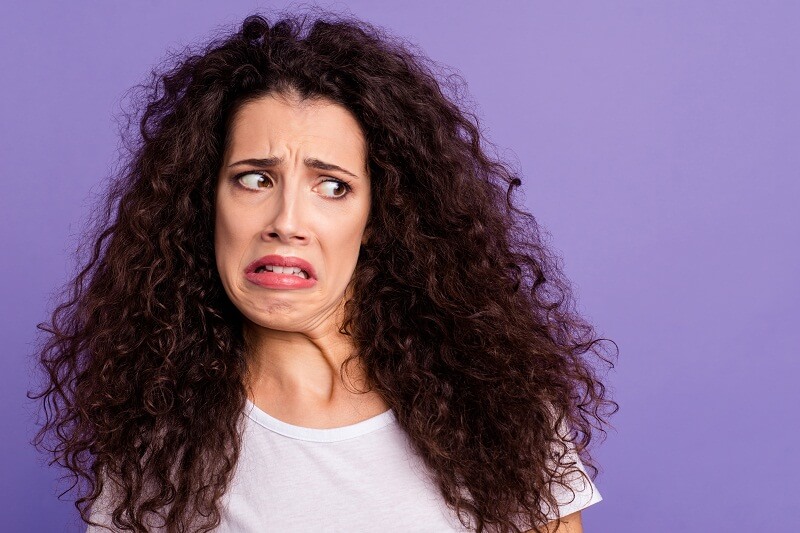Over the past few years, intermittent shampooing has become a major trend that women from all walks of life are trying in order to minimize the “stripping” effect shampoo has on hair. The idea is that if you let your hair retain its natural oils, it will give you fuller, shinier hair. Now, even though it is true that women with textured hair probably shouldn’t wash their hair every day, that doesn’t mean that all women should be skipping their daily shampoo.
Frankly, women with straight, fine hair are doing themselves a disservice, especially when they take the trend to extremes. As Katie Becker wrote for Allure way back in 2016, priding yourself on going three to five days without using conventional shampoo can actually lead to some pretty awkward social interactions.
Practicing Proper Hygiene
Throughout the day and night, the Huffington Post explains, androgens activate the sebaceous glands in your scalp in order to produce the oils that naturally moisturize your hair and prevent the scalp from getting too dry. Thick or textured hair produces less oil and absorbs them more readily into their much thicker follicles. In the case of textured hair, it is often better to allow natural oil production to keep the hair moisturized as long as it continues to absorb. However, fine hair has difficulty absorbing oil at the same rate.
If you notice your hair getting a little greasy towards the end of the day, it is a result of that imbalance between production and absorption. One of the tenets of the intermittent shampooing trend is to tell women that their scalp will produce less oil over time if they reduce how often they shampoo. There may be a small measure of truth to that, but the evidence is inconclusive at best. What is entirely clear is that intermittent shampooing is not the right choice for many people.
For people who produce excess oil, shampooing daily or every other day is a must. If you don’t, then the oils and sweat that you produce start to build up, feeding the bacteria that naturally occur on your scalp. As one trichologist told Cosmopolitan, it is those bacteria that are producing the sour to acrid smells you start to notice 24-48 hours after shampooing your hair. Left to its own devices, the smell will become noticeable to your friends, colleagues, and passerby, making life unpleasant for you and everyone around you.
The Exceptions
Now, if you’re washing your hair daily with special attention to the scalp and you’re still noticing an unpleasant odor, it is probably time to make an appointment with Dr. Cain Linville at Hair Specialists Houston. There are several medical conditions that could be causing your hair to smell including hormone malfunction and fungal infections, so speaking with a medical doctor is a great place to start figuring out possible causes.
To help your doctor make an informed diagnosis, be prepared to explain when you first noticed the condition, how often you wash your hair, and if there are any pungent foods you regularly eat. They should use this information to rule out typical causes, so it is important that you are honest in your answers. Once these common causes of hair odor are ruled out, your doctor can start testing for hormone function and possible infection. A blood test and a hair sample will be required. If your hormone levels are out of balance, it will take some time to determine the direct cause in your particular case. However, for fungal infection, the approach is pretty straight forward.
If it turns out that you have a fungal infection, then your doctor will put you on oral anti fungals and ask you to use an anti fungal shampoo. Depending on the severity of your condition, you may have to use them for an extended period of time until healthy hair begins to replace the infected hair. Either way, it will take time, but your condition is treatable.


